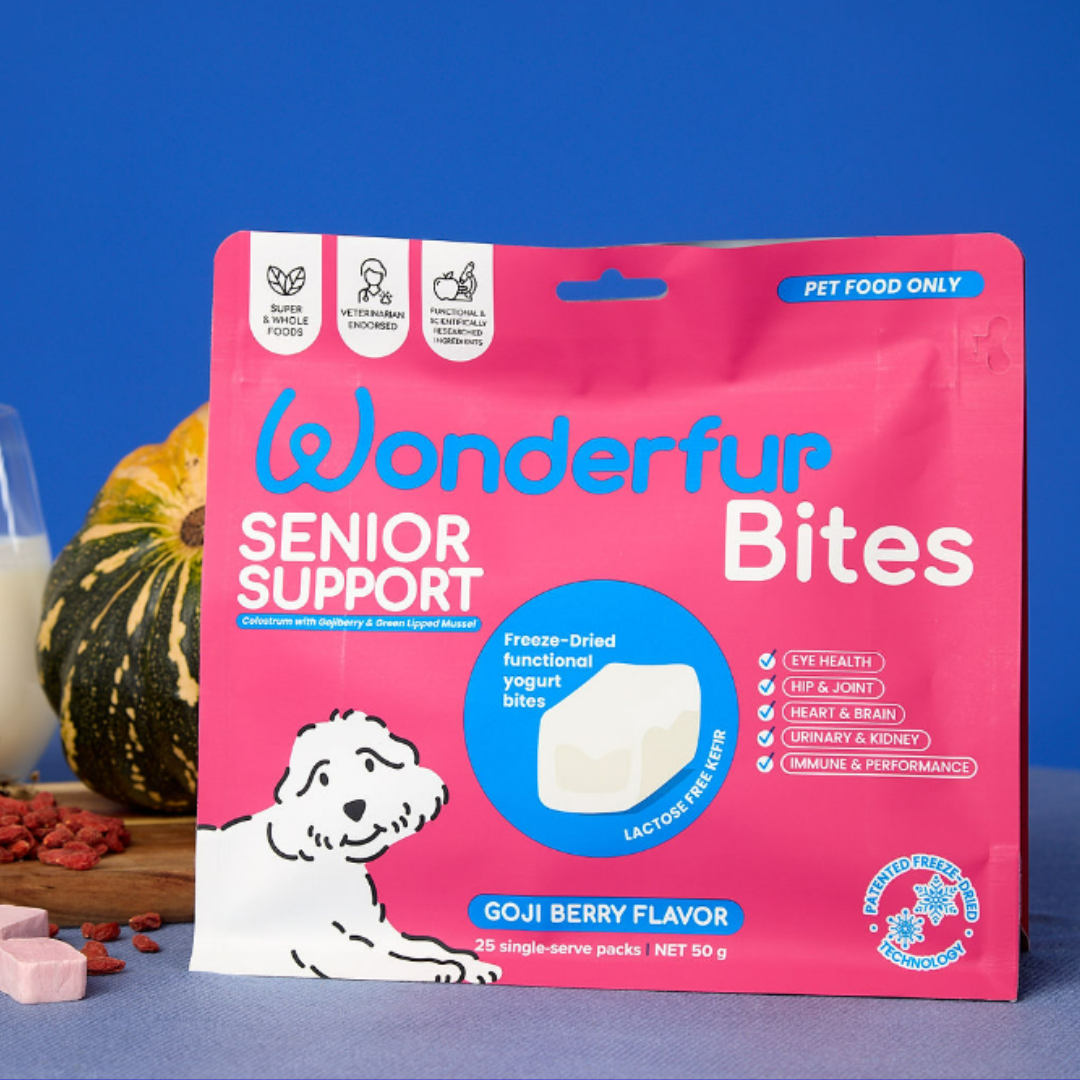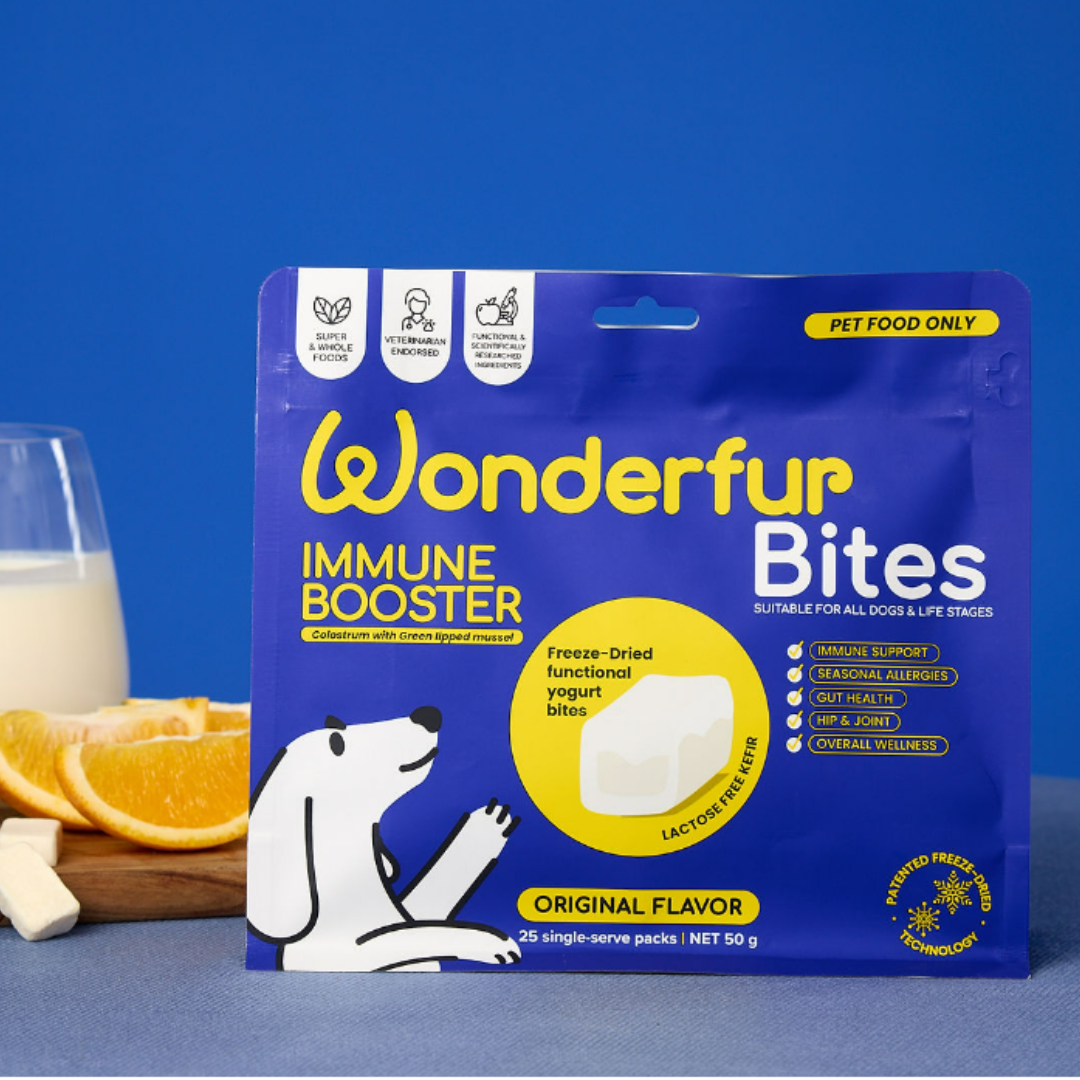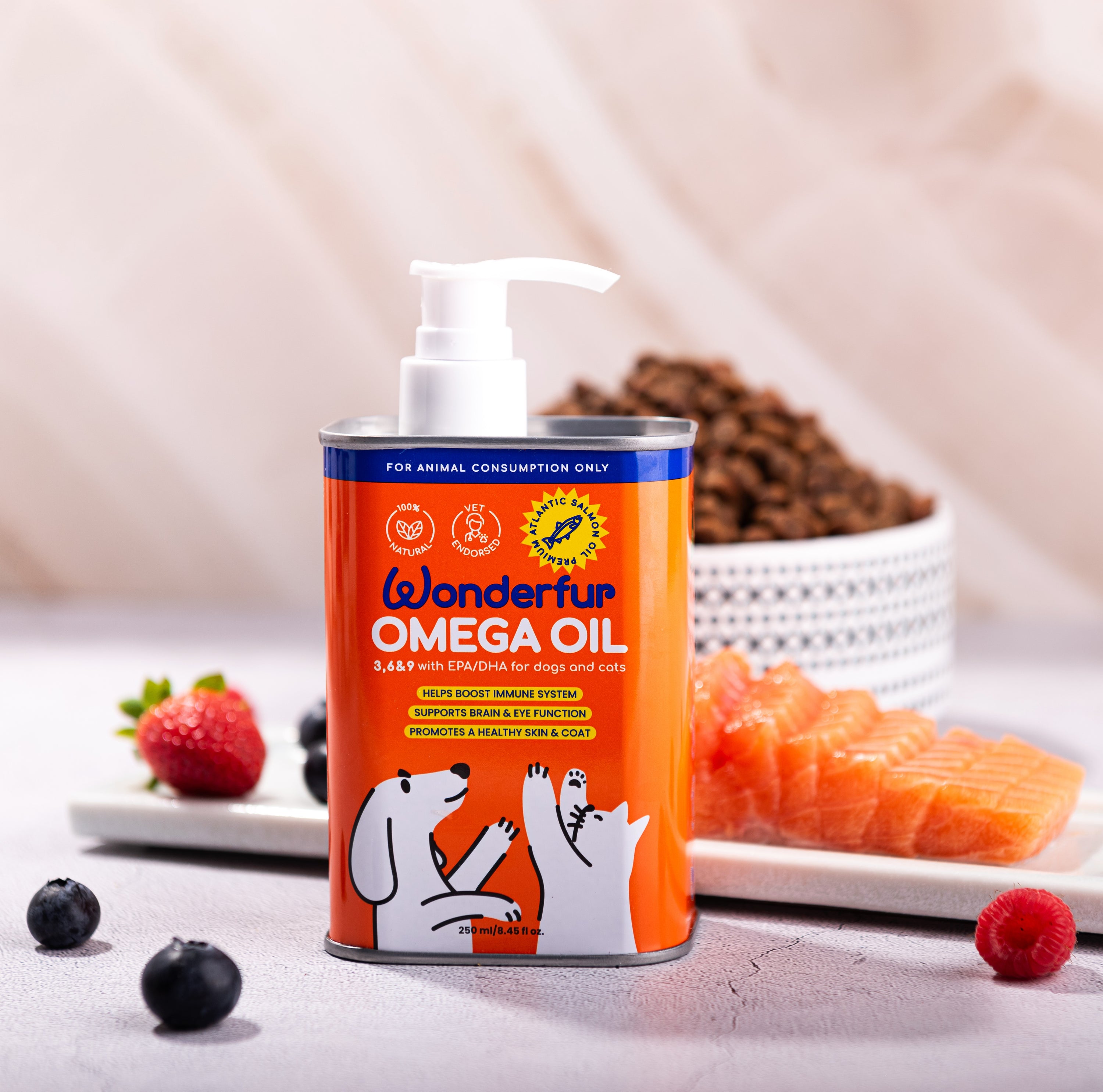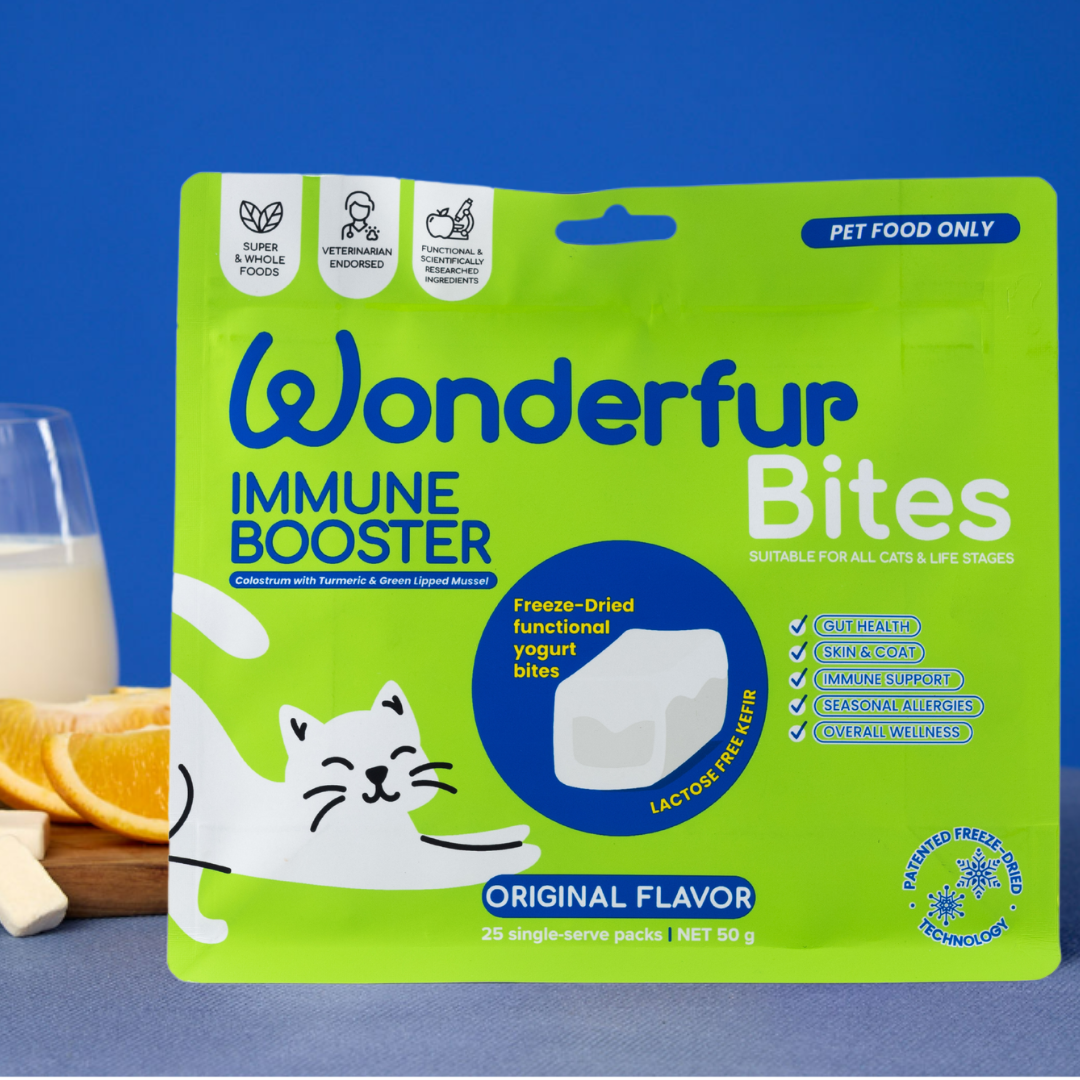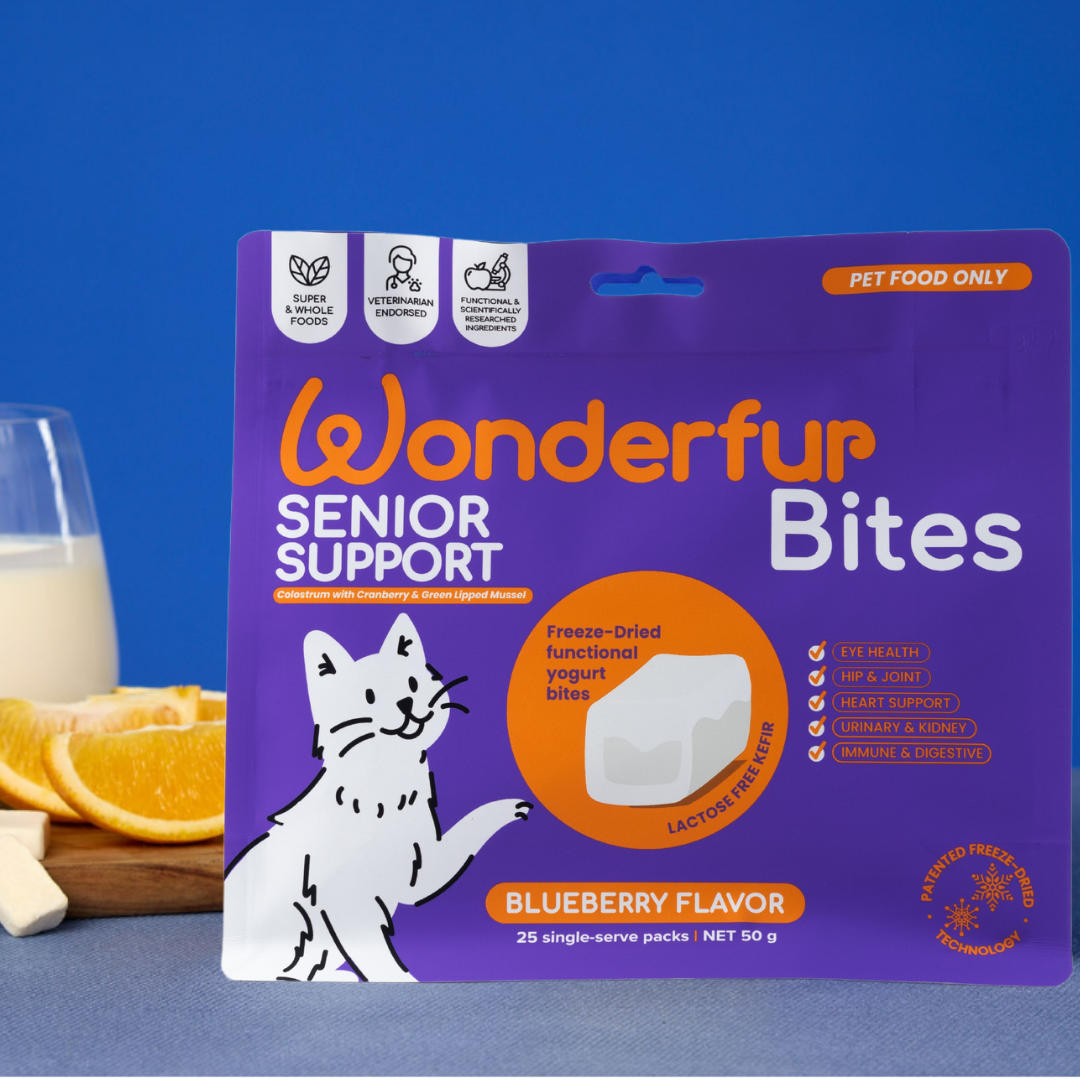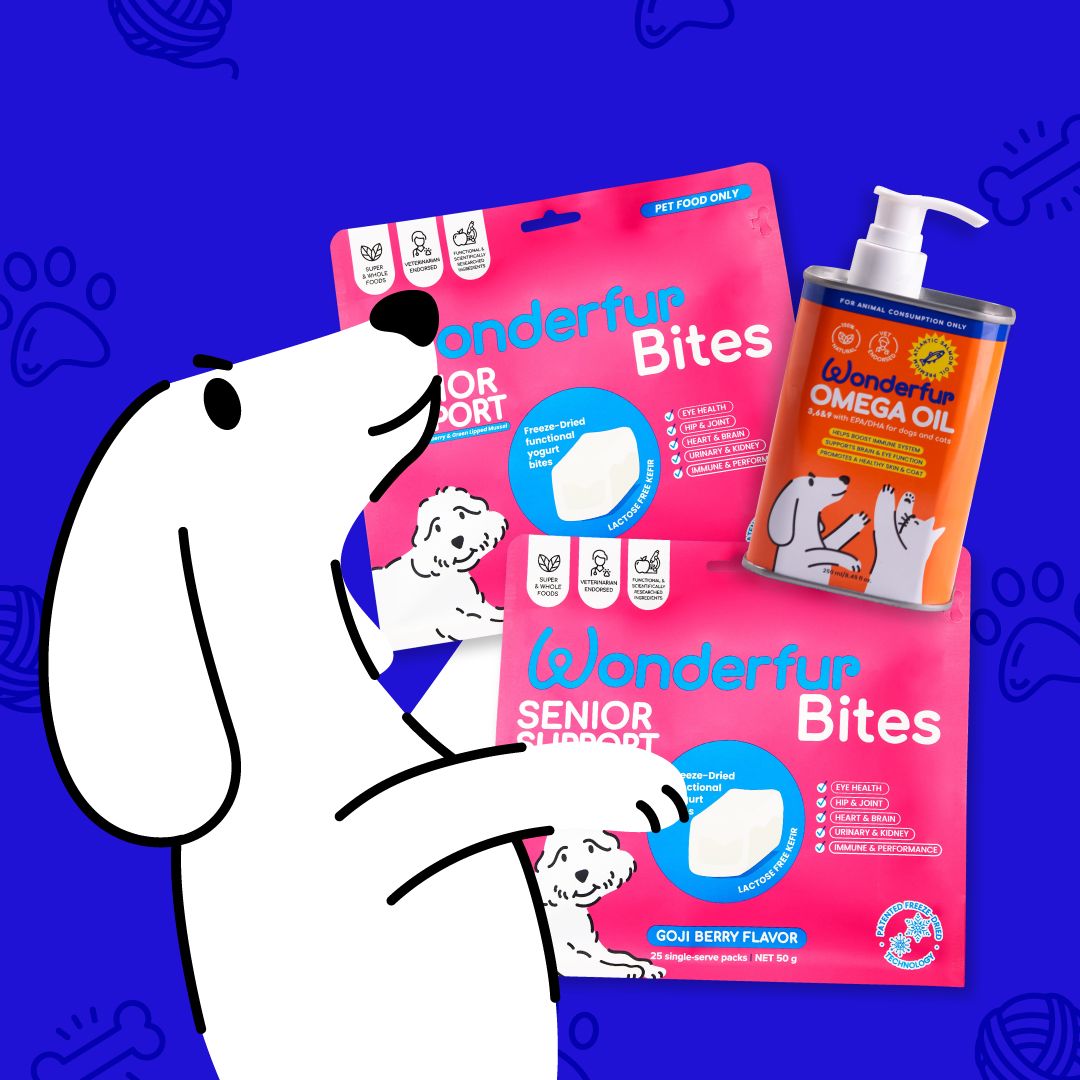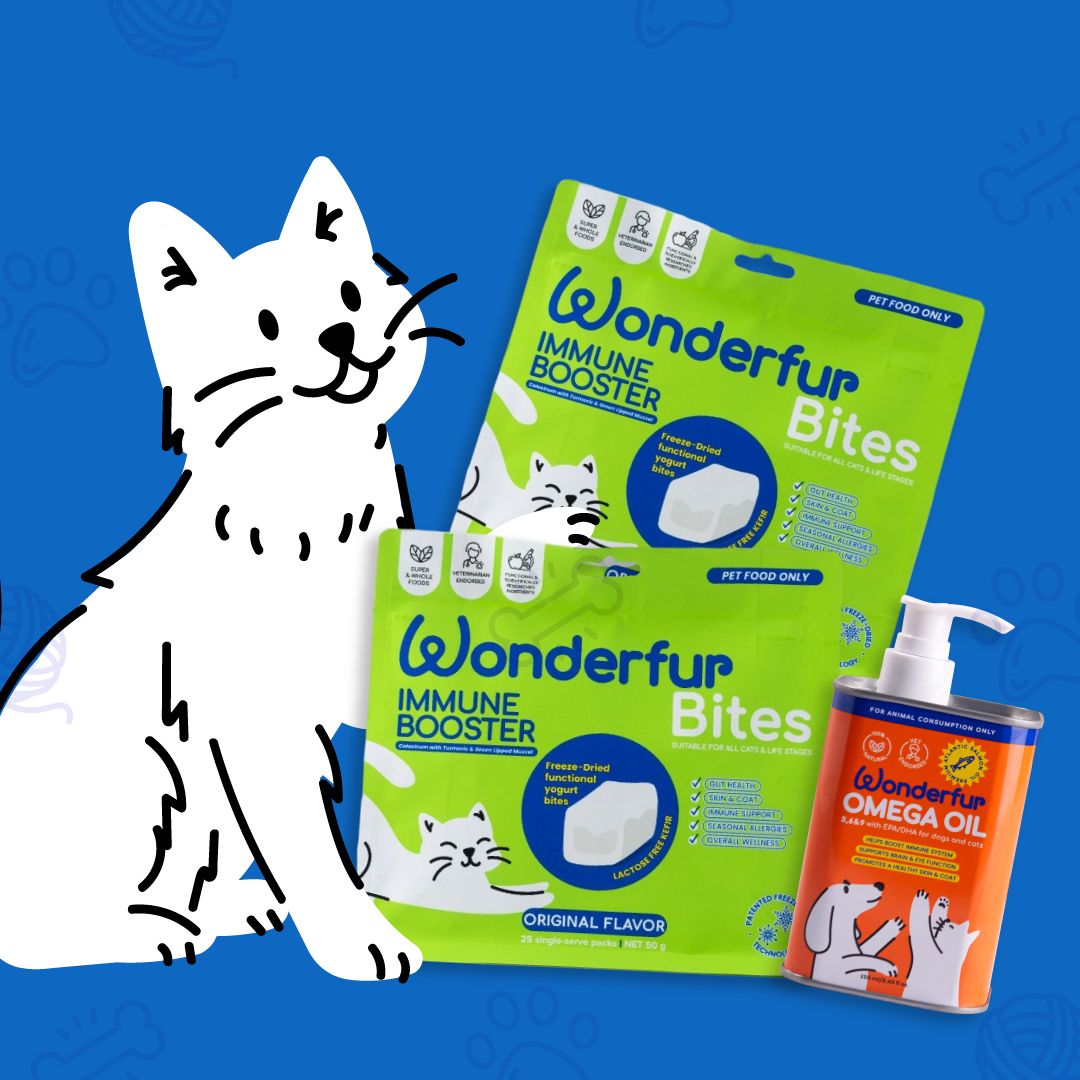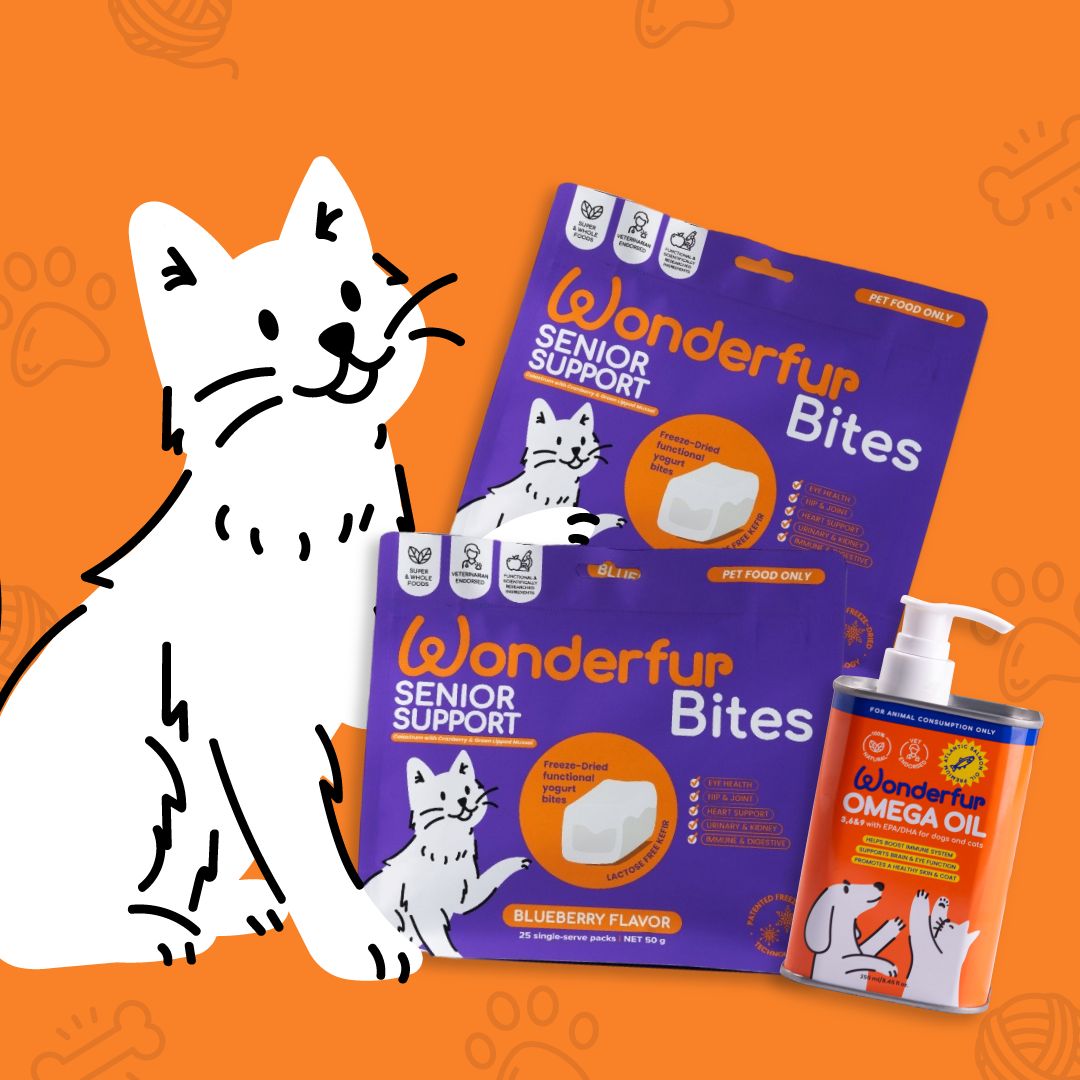A Comprehensive Guide to Large Breed Puppy Food
Bringing home a large breed puppy? Then you already know—you’re in for big cuddles, big paw prints on the floor, and maybe an even bigger appetite to keep up with. But here’s the thing most new dog parents don’t always realise: feeding a large breed pup isn’t just about filling their bowl.
It’s about giving them what they need to;
-
grow strong
-
keep their joints happy
-
stay healthy for the long run
In this guide, we’ll cover the basics of feeding them right, when and how to use things like supplements and healthy dog treats for dogs, and share a few tips backed by vets to help you select the best food for them.
Why Large Breed Puppies Have Different Needs?
Large breed pups (we’re talking Golden Retrievers, Great Danes, German Shepherds, and other future giants) grow fast. Really fast. But growing too quickly can actually lead to long-term health problems—especially with their bones and joints.
Here’s what makes them different:
-
Slower bone development: Their bones take longer to harden, which means they need a balanced intake of calcium and phosphorus.
-
Higher risk of joint issues: Conditions like hip dysplasia are more common, especially if they grow too fast or gain too much weight early on.
-
Bigger appetites: But not just any calories will do—quality matters more than quantity.
Key Nutrients to Look For in Large Breed Puppy Food
When choosing healthy dog treats for dogs, it’s not just about what’s inside—it’s about how it supports their development.
|
Nutrient |
Why It Matters for Large Breeds |
|
Calcium & Phosphorus |
Help bones grow at the right pace. Balance is key—not too much, not too little. |
|
Protein |
Supports muscle development. Look for meat-based sources, such as chicken, lamb, or fish. |
|
Fat |
Provides energy, but too much can cause weight gain. The ideal range is around 12-15%. |
|
DHA (Omega-3) |
Supports brain and eye development. Naturally found in fish oils. |
|
Glucosamine |
Contributes to joint health and mobility support. |
Not all puppy foods and large breed puppy supplements are created equal—especially for big breeds. Check the label, and make sure it’s specifically formulated for “Large Breed Puppies” or “Suitable For Every Breed.”
How Much and How Often Should You Feed?
You don’t want to overfeed or underfeed. Both can cause problems. Here’s a simple guide:
-
8 to 12 weeks: 3–4 meals a day
-
3 to 6 months: 2–3 meals a day
-
6 to 12 months: 2 meals a day
Tip: Feed based on your puppy’s ideal weight, not just their current size. Your vet can help you figure that out.
Keep an eye on their body condition—you should be able to feel their ribs (not see them), and they should have a visible waist.
What Ingredients Should You Avoid?
Pet food marketing can be misleading, and sometimes, even "natural" labels hide nasties. Keep it clean by avoiding:
-
Artificial preservatives and flavours
-
Excessive fillers like corn or soy
-
Animal by-products that don’t specify source
-
Excess calcium or protein levels not suited for puppies
Feeding the wrong food—or too much of the right food—can lead to:
-
Wobbly joints or limping
-
Potbelly appearance
-
Excessive growth spurts
-
Loose stools
-
Dull coat or excessive shedding
If you’re seeing any of these, have a chat with your vet. It might be time to revisit their food or add something functional to support their system.
The Role of the Best Dog Supplements Australia Pet Parents Trust
Let’s be real—there’s no shortage of pet products claiming to be “the best.” But Australian pet parents are looking for more than just marketing. They want transparency, natural ingredients, and the best dog supplements Australia that genuinely contribute to their dog’s wellbeing.
Wonderfur ticks those boxes with:
-
Human-grade ingredients
-
Australian manufacturing
-
Vet endorsements
-
TGA factory certification
-
Eco-friendly packaging
And here’s something we’re proud to share!
At Wonderfur, we’re committed to quality—not just in ingredients, but in how we show up as a brand. That’s why being recognised at the 2024 SHE-com Awards meant so much to us. These awards celebrate excellence in Australia’s e-commerce community, and we were honoured to have both our Immune Booster and Senior Support products named official winners this year.
That’s why more and more Aussie households are making the switch to our products, like senior dog treats and immune boosters.
Quick Tips for Feeding a Large Breed Puppy
-
Don’t overfeed—it can lead to unhealthy weight gain.
-
Stick to a feeding schedule (no grazing).
-
Monitor growth with regular vet check-ups.
-
Use portion-controlled best dog treats for dogs—especially functional ones like Wonderfur.
-
Watch for early signs of joint stress (limping, stiffness).
Final Thoughts on Feeding With Confidence!
Raising a large breed puppy isn’t just about quantity—it’s about quality. From their main meals to their snacks and large breed puppy supplements, what goes into your pup’s body now shapes how they’ll grow, move, and feel later in life.
The good news? You don’t have to figure it out alone. Stick with trusted resources, listen to your vet, and choose products made with care, transparency, and real ingredients.
Wonderfur Bites Immune Booster for Dogs is one of those rare finds that ticks all the boxes. We are contributing to real outcomes—better gut health, stronger immunity, and a happy, healthy dog.
Because your dog deserves more than just food. They deserve wonderfur.
FAQs for Large Breed Puppy Parents
Can I give treats to my large breed puppy?
Yes, but go easy. Make sure the treats contribute to their health. Functional and the best dog treats for dogs like Wonderfur Bites can complement their diet, offering support for digestion and immunity without overfeeding.
Do large breed puppies need joint support early on?
Early support can contribute to joint mobility later. Ingredients like green-lipped mussel and glucosamine can be helpful if part of a balanced approach. However, a nod from your vet can be beneficial.
Should I be giving my large breed puppy supplements this early?
Yes—but only the right kind. Large breed puppies go through a lot of physical changes, and their immune and digestive systems are still developing. Giving them a functional supplement—like the best immune booster for dogs—can contribute to building that internal foundation early on. But consult your vet in case of any confusion.

